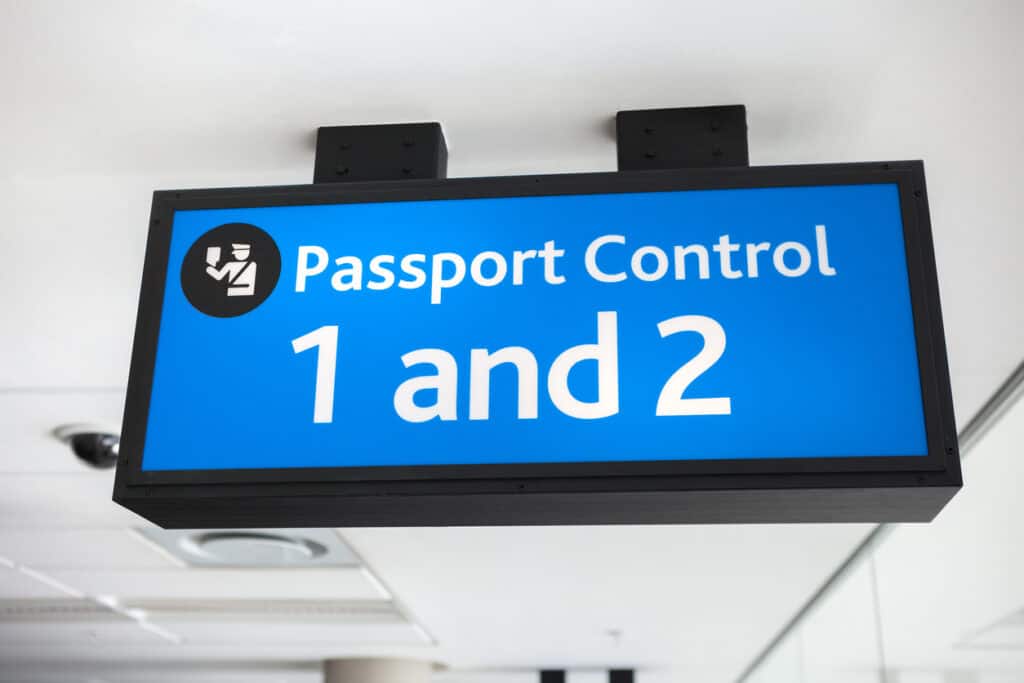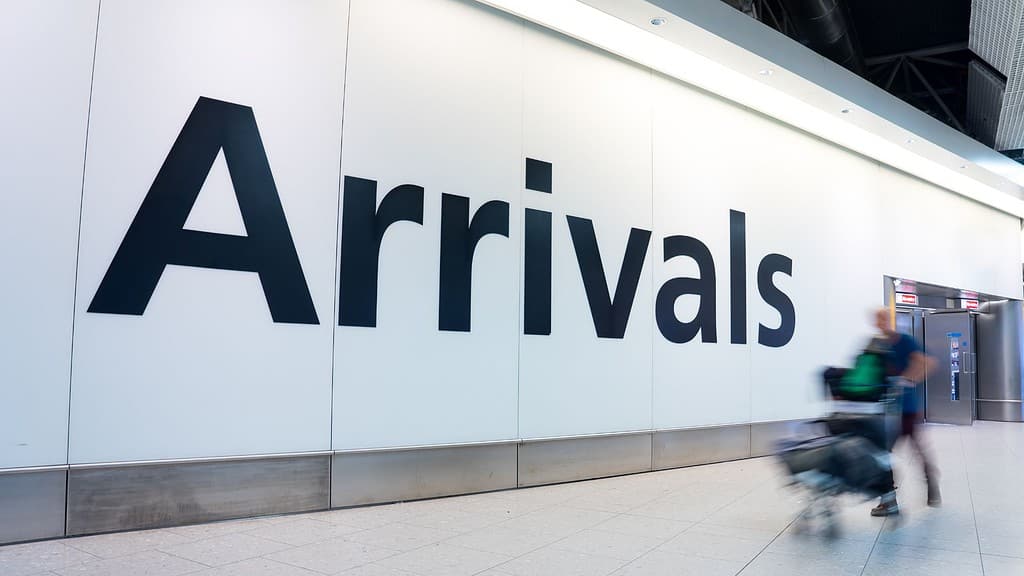To support the development of a new immigration system, CaSE has published a briefing that summarises the current non-EEA immigration system, reviews the Migration Advisory Committee’s recommendations, sets out where the pressure points are for science and engineering and presents our proposals for a new system.
Proposing a New Immigration System
03 Dec 2018
Summary
Access to a workforce with the right skills and expertise is the cornerstone of a thriving environment for research and innovation. In order to meet the Government’s target of investing 2.4% of GDP on R&D by 2027 we will need to increase the size of the research and innovation workforce. Alongside a gear change in domestic skills policy, immigration policy that supports the science and engineering will be crucial.
This message has been heard by policymakers and has public support, but we now need a system that will deliver for the UK.
86% of the British public want to increase or maintain levels of immigration of scientists and engineers, and only 18% of leave-voters want migration of scientists and engineers to decrease.
Time to get it right, British Future, 2017
Seize the opportunity for a fresh start
Expanding the current non-EEA system will not meet the needs of science and engineering. For the Prime Minister’s stated ambition to become a reality, the UK must create a streamlined immigration system that facilitates frictionless movement, has proportionate system rules, is founded on robust evidence and is fit for the future. The policy and process tweaks proposed by the Migration Advisory Committee (MAC) are not sufficient. We propose using the new digital platform developed for the EEA settlement scheme as the starting point for building a new system.

Expanding the current system is not a viable solution
Our members are clear that expanding the current non-EEA system to cover all migration would introduce substantial barriers to research and innovation and would reduce the competitiveness of the UK environment for science and engineering.
- Due to bureaucracy and cost
- And barriers to research and innovation workforce
Features and proposals for a new system
The MAC recommendations are given in the context that the UK does not pursue an agreement on mobility with the EU. The MAC’s evidence showed that EU migrants have not prevented UK nationals from getting jobs, have not lowered wages and have, on average, contributed more to public services than they receive, especially higher skill migrants. However, their recommendations are not proportionate to the evidence they collected on the effects of migration in the UK. Rather, they propose minor tweaks, some of which are welcome, to the current tiered system.
As changes to the existing system, we welcome recommendations of abolishing the numerical cap on skilled workers through Tier 2, removing the Resident Labour Market Test as other features of the system better protect undercutting (and MAC found no evidence of undercutting in Tier 2, rather a migrant premium), and highlighting the need to reduce bureaucracy. However, we assess recommendations against the types of people, types of movement and principles of a system needed to support a thriving science and engineering environment post-Brexit and conclude expanding the current system, even with the MAC recommendations, would not result in a new system that meets the needs of science and engineering.


Proposing a New Immigration System
Download ReportRelated resources

A week on from the publication, Policy Manager Camilla d’Angelo takes a look at some of the questions that remain to be resolved and what to expect next for the Immigration White Paper.

Policy Manager Camilla d’Angelo takes a look at what the Immigration White Paper means for attracting international R&D talent to the UK.

In advance of the forthcoming Immigration White Paper, CaSE and 35 other organisations have written to select Westminster Parliamentarians.

This briefing summarises attitudes to immigration, international students and researchers, and their impact on UK R&D. It is based on evidence from a nationally representative survey of 4,100 UK adults in June 2024 and two focus groups in December 2024.